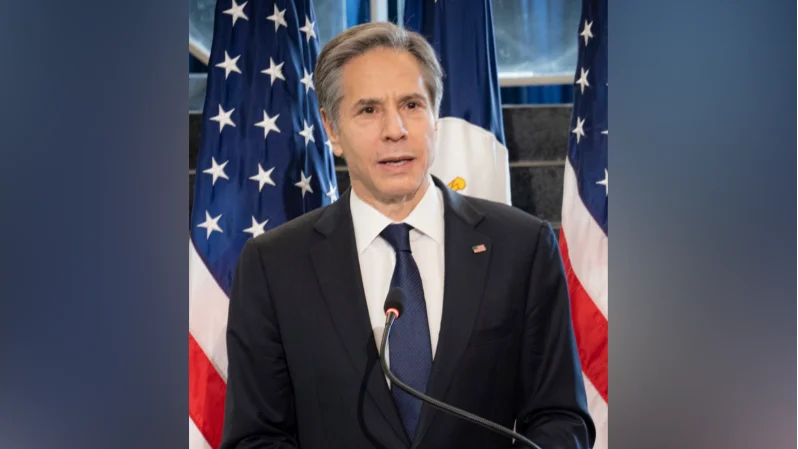Special Envoys and Representatives from several countries, including Canada, the European Union, France, Germany, Italy, Japan, Norway, the Republic of Korea, Switzerland, Türkiye, the United Kingdom, and the United States convened in Geneva on December 16 to discuss the situation in Afghanistan. Observers included representatives from the United Nations Assistance Mission in Afghanistan (UNAMA), the World Bank (WB), and the Organisation of Islamic Cooperation (OIC).
The group expressed serious concerns about recent Taliban decisions to prohibit women and girls from attending medical training institutions. They warned that this ban could have dire effects on Afghan society, particularly impacting mothers and infants while further destabilizing an already fragile healthcare system. These actions are seen as an extension of previous edicts excluding women and girls from public life. "We call for the immediate reversal of these unacceptable practices and policies," they stated.
Additionally, there was a focus on recent terrorist activities in Kabul and across the region. The group acknowledged Taliban efforts against ISIS-K but stressed the need for further action aligned with United Nations Security Council Resolution 2593 to combat terrorism within Afghanistan.
For long-term stability in Afghanistan, they emphasized establishing a credible national dialogue leading to a constitutional order with an inclusive political system. This involves meeting international obligations and implementing UN Security Council Resolution 2721 (2023). The appointment of a Special Envoy for Afghanistan by the UN Secretary-General was also encouraged.
The envoys commended ongoing humanitarian efforts led by various UN agencies and NGOs despite current challenges. They underscored that international NGOs play a crucial role in addressing Afghanistan's humanitarian needs. The group called for continued assistance to vulnerable populations within Afghanistan.
There was also discussion on regional cooperation involving neighboring countries to address issues like terrorism and illegal migration stemming from Afghanistan's situation. The contributions of Muslim-majority countries were acknowledged for engaging with the Taliban on women's rights.
Lastly, appreciation was extended to Switzerland for hosting these consultations. The group plans to reconvene soon to continue their discussions.





